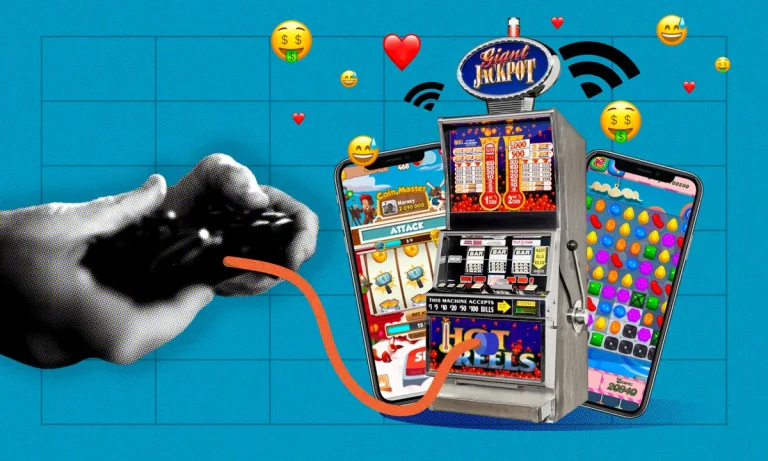The online gaming industry has evolved rapidly, and one of its most popular sectors is online slot gaming. What was once confined to casinos has now become accessible on smartphones, tablets, and computers, reaching audiences of all ages. While these digital platforms promise excitement and entertainment, they also bring complex social implications that affect not only individuals but entire families — particularly the youth.
The Appeal of Online Slots to Younger Audiences
Online slot games are designed with vibrant graphics, catchy sounds, and instant rewards that create an engaging experience. Many platforms use gamification strategies, such as bonus rounds and loyalty points, which appeal strongly to the younger generation. This combination of easy access and visual stimulation can lead to excessive screen time and, in some cases, the early formation of risky gaming behaviors.
Moreover, social media advertisements often blur the line between entertainment and gambling, exposing teens and young adults to slot-style games without fully emphasizing the potential consequences.
Psychological and Emotional Effects
The impact of online slot gaming extends beyond financial risks. Youth who engage heavily with these platforms may experience heightened levels of anxiety, restlessness, and a need for constant stimulation. The thrill of “just one more spin” can mimic the psychological effects of other addictive behaviors.
This constant cycle of reward and loss may also influence self-esteem. Young players often associate winning with success, and losing with failure, creating emotional dependency on the game’s outcomes.
Family Dynamics and Relationship Strain
Online slot gaming doesn’t only affect the individual—it can disrupt family harmony as well. When young members of a household become absorbed in gaming, it may lead to reduced communication, withdrawal from family activities, and neglect of academic or social responsibilities.
Parents, in turn, may struggle to balance concern with control, leading to arguments and tension. In extreme cases, when financial stakes become involved, families might face debt or mistrust, further eroding relationships.
The Economic Ripple Effect
While online slot platforms are often seen as forms of entertainment, they can have broader economic effects within families. Spending small amounts regularly on in-game purchases or betting credits can quickly accumulate. Youth, especially those without financial literacy, may not grasp the long-term impact of these microtransactions. This can contribute to financial strain, especially in households already managing tight budgets.
Promoting Awareness and Responsible Gaming
Education plays a crucial role in mitigating the negative effects of online slot gaming. Families, schools, and communities need to promote awareness about responsible gaming habits. Setting clear time limits, understanding the mechanics of gambling, and fostering open discussions can help reduce the risk of addiction and emotional distress.
Additionally, parental monitoring tools and government regulations can help limit exposure to inappropriate gaming content for minors.
Conclusion: Striking a Balance Between Fun and Responsibility
Online slot gaming is a modern form of entertainment that, when used responsibly, can be harmless fun. However, the ease of access, psychological pull, and potential for addiction make it a social issue that demands attention. The key lies in promoting balance — encouraging enjoyment while fostering awareness, discipline, and open communication within families.
By addressing the social impacts early, society can ensure that the excitement of the spin never overshadows the well-being of youth and family bonds.

